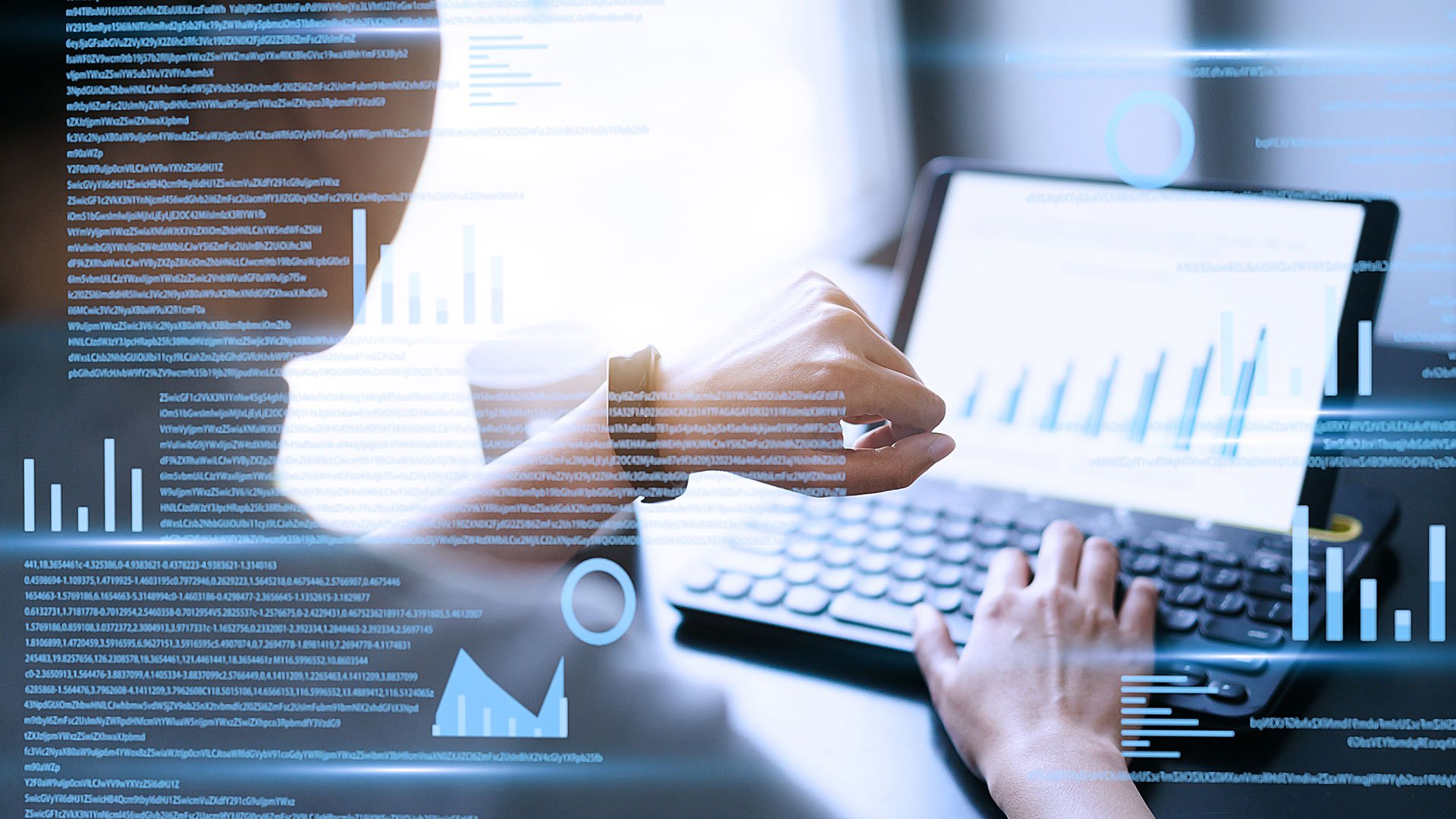Smart ERP Strengthens Supply Chains in the Long Term
Published: August 16, 2022
Last update: August 20, 2025
Put resilience and sustainability at the heart of the business
No production without ERP. Enterprise Resource Planning (ERP) systems are without a doubt the digital backbone of mid-market companies since they hold together partner ecosystems, optimize business processes, integrate supply chains and control production processes. Wouldn't it make sense to implement the latest hot topics, resilience and sustainability, right there? This goal becomes feasible with the help of specific applications and functionalities that are based on artificial intelligence (AI).
These are trying times for companies. While Brexit and the COVID pandemic still have a massive impact on the economy, companies are already facing new challenges due to the war in the Ukraine. The costs for energy and other resources are seeing an all-time high due to political decisions. On top of that, a constant shortage of raw materials entails a lack of primary products from the electronics and steel industry. This leads to tight supply chains worldwide and ultimately to bottlenecks in production and long delivery times.
Transparency as the basis for resilience
What companies now need is resilience, especially in the supply chains of the mid-market manufacturing industry. There is a need for action, as is also shown by a Gartner survey conducted at the beginning of the COVID-19 crisis. A mere 21 percent of all respondents stated that they have a highly resilient network. Gartner mainly define resilience as transparency in business processes and the agility to shift sourcing, manufacturing and distribution activities around fairly rapidly.
AI for more resilience and sustainability
Transparency in all areas ‒ be it sales, engineering, procurement or service ‒ is absolutely mandatory, but not enough to create lasting resilience and sustainability initiatives. Instead, you will have to identify inefficient business processes and make them smarter and more agile in the context of the whole business process logic in order to generate more reliable forecasts. This is where innovative technologies like AI in combination with ERP come into play.
About one third (36%) of the companies use AI to increase their climate protection potential ‒ for example using a control for production processes that is capable of optimizing itself. One of the most common AI applications is predictive maintenance. It uses algorithms and sensors to monitor the machines, allowing it to issue a warning before an imminent failure so that the machine can be maintained or parts can be replaced. This increases efficiency and prolongs the machine's useful life.
For the use with the ERP system, it's important to first identify the processes and use cases that can be supported by AI. At this point, users and end customers will have to rely on the expertise of experienced providers of ERP+ solutions. Especially mid-market companies benefit from an uncomplicated access to various services like ERP with AI in analytics and processes including the semantic preparation of knowledge and digital assistants. Then they can use AI applications that add real value to specific processes or functionalities.
How an AI-based ERP system ensures more resilient supply chains
The question is, how does AI make supply chains more resilient? Transparency is key. The most prominent examples here are AI-based sales forecasts and failure detection. With their help, companies attempt to proactively react to unforeseen events like the ones we experienced over the past two years. Such forecasts take into account all possible variables in order to ensure the availability of goods even in the event of a catastrophe.
In light of the costs to be expected, the goal should be optimized stock keeping, also referred to as "smart value chain". The aim is to reduce stock-keeping and warehouse costs, to minimize incorrect deliveries and to reduce the number of transports. In addition, greater resilience of the supply chain promises better delivery reliability, easier target achievement, more efficient branch processes, reduced cycle times and less handling costs.
Summary and outlook
Companies relying on innovative technologies are better braced for crises like the COVID pandemic since they are more resilient and flexible. Technological innovation even empowers SMEs to take on international competition. A smart ERP system is the digital backbone that, when used frequently in the company and tailored to the specific needs of the industry, directly reduces the carbon footprint of SMEs.
.png)

